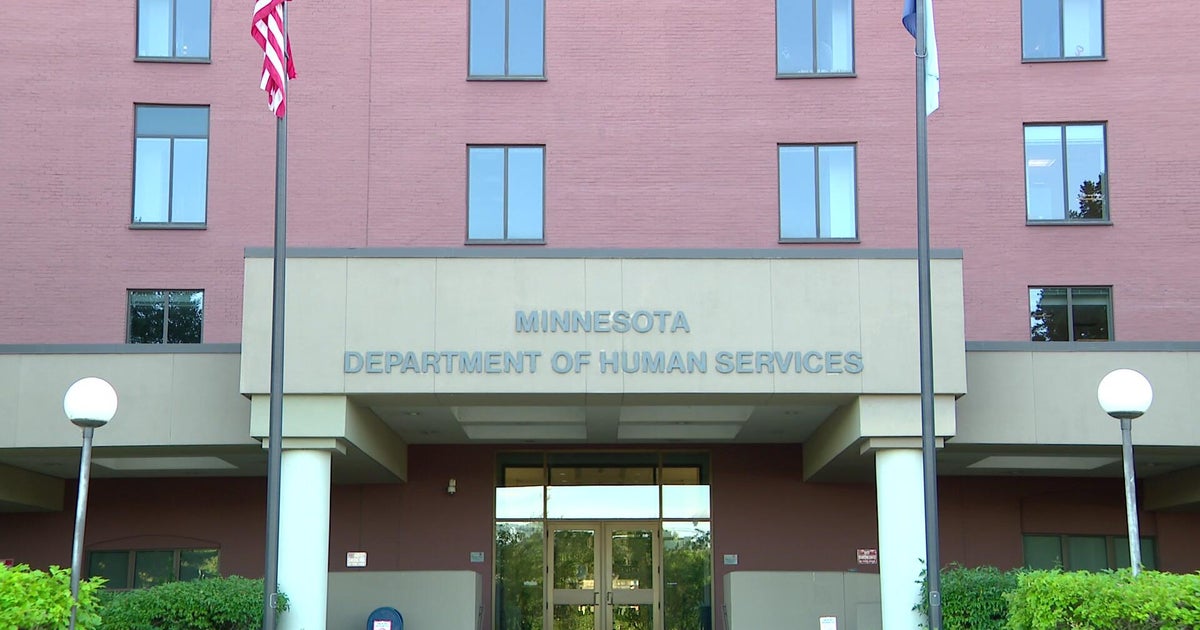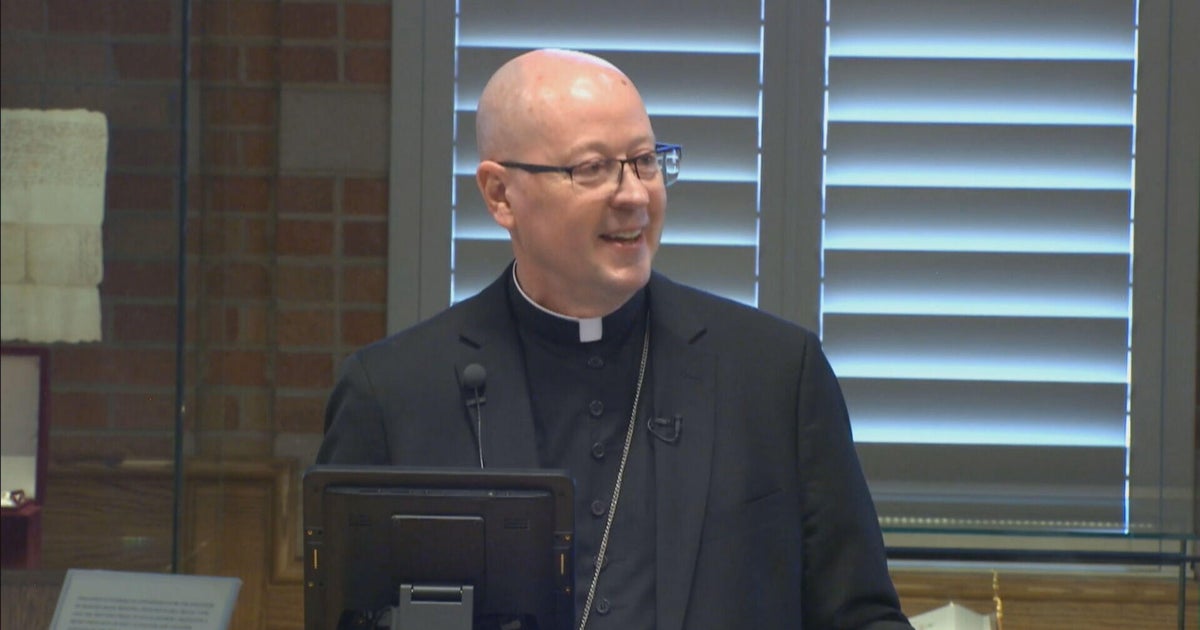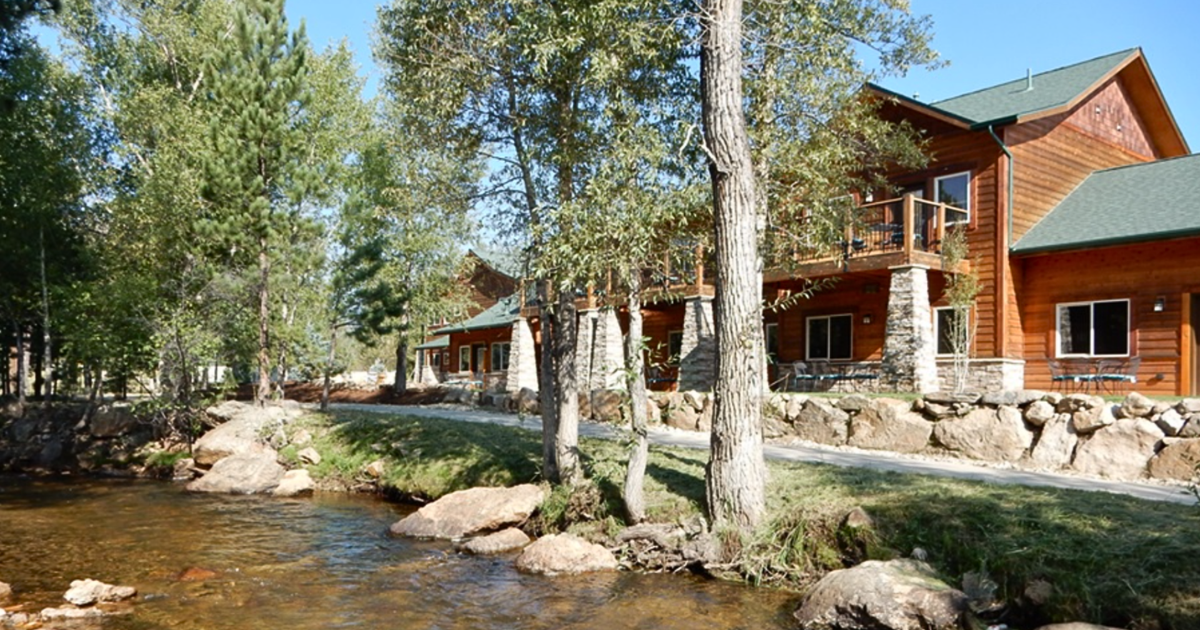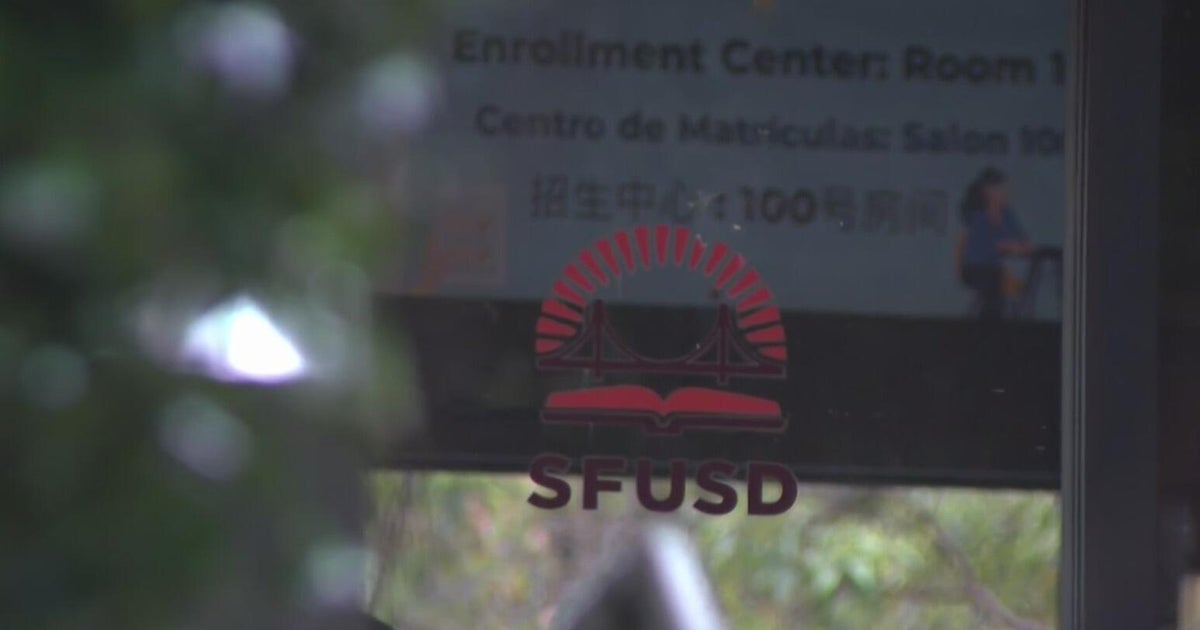Audit Finds Faults With Forestry Program
ST. PAUL, Minn. (AP) -- There is so little oversight of a state program that has spent $44 million promoting sustainable forestry on private land that lawmakers should make significant changes to it or scrap it altogether, Minnesota's legislative auditor said Tuesday.
The Sustainable Forest Incentive Program was created in 2001 to encourage good forestry on private land by locking in agreements for at least eight years that require landowners to submit and abide by sustainable forest management plans. In return, they get incentive payments set at a flat $7 per acre. About 2,300 landowners participated this year, with over 737,000 enrolled acres. The idea behind the payments was to offset property taxes on private forest land, thus encouraging landowners not to develop it.
But Legislative Auditor James Nobles' report said lawmakers should consider ending the program and identifying better ways of encouraging sustainable forestry. The findings follow Gov. Mark Dayton's recent calls for next year's legislative session to focus on eliminating old, unneeded laws and programs.
Nobles told an oversight subcommittee his office "is not criticizing the concept of sustainable forest management. We are simply questioning whether this particular tool ... has been designed and implemented in a way that ensures that we are achieving measurable results."
But he warned the lawmakers to expect pushback if they try to change it. Many legislators and interest groups support the program, he said.
It emerged from the panel's discussions that landowners enjoy their payments, hunters support the access to private forest land the program ensures, the state's paper and lumber mills want to preserve access to timber grown on these lands, and counties will be wary of changes on the state level that affect their property tax collections.
Top officials from the Department of Revenue and Department of Natural Resources told lawmakers that their agencies generally agreed with the findings and recommendations, but warned that they'll need more money and staff if they have to provide greater oversight.
Carrie Meyerhoff, who conducted the evaluation, said there's no link between the $7 per acre payments and what participating landowners actually pay in property taxes. A small sampling of participants found that some pay as little as $2 an acre in taxes, she said. For some others, the payments cover less than a fourth of their tax bills.
The study also found there's almost no oversight to catch whether landowners stick to their agreements or develop the land instead. The state mostly relies on landowners — from timber companies with big holdings to families with patches of woods as small as 20 acres — to return an annual form stating they're in compliance. Then the state cuts them a check. One Department of Revenue employee does most of the program's work, she said.
Few violations have ever been confirmed, and the auditors said they believe other violations go unnoticed.
While the program's goal is sustainable forestry, the DNR plays only a small role. Similarly, to the extent that legislative committees have kept an eye on the program it's been the tax committees, not the natural resources committees, Nobles said.
And penalties for violations are too small, the report said. The state can seek refunds of payments for the preceding four years, but it's not clear what the state can do if a landowner has been in the program less than four years. And the rules don't deal clearly with what happens if land in the program is sold.
Another issue that clearly bothered some subcommittee members is "double-dipping" by some landowners who have their property enrolled in both the incentive payments program and a separate conservation easement program that has a similar general purpose.
"Is this program too broke to fix?" the panel's chairman, Rep. Rick Hansen, DFL-South St. Paul, asked Nobles.
"I think that's going to be up to you and other legislators, to see how far you want to go in fixing it. Or whether indeed you accept the fact that it needs fixing," Nobles replied.
(© Copyright 2013 The Associated Press. All Rights Reserved. This material may not be published, broadcast, rewritten or redistributed.)







